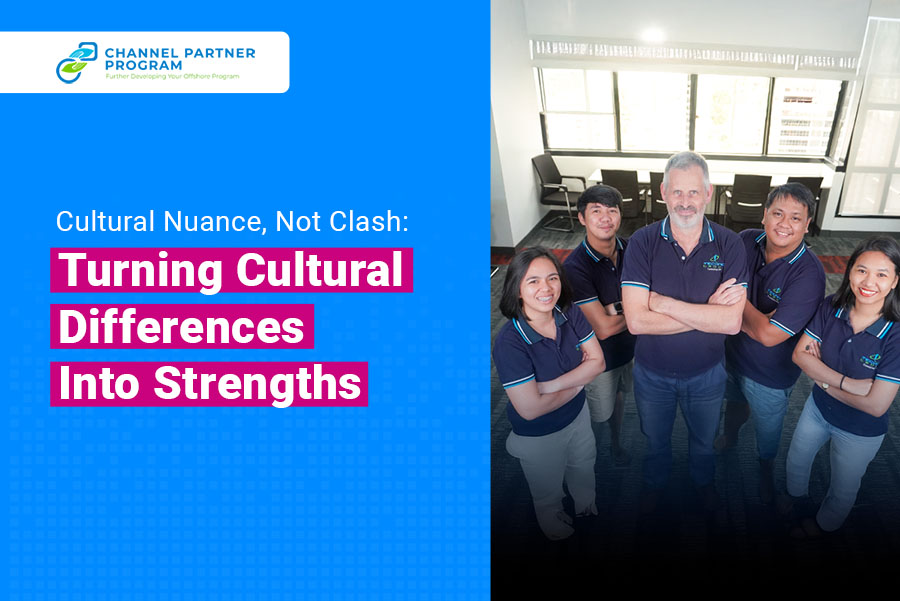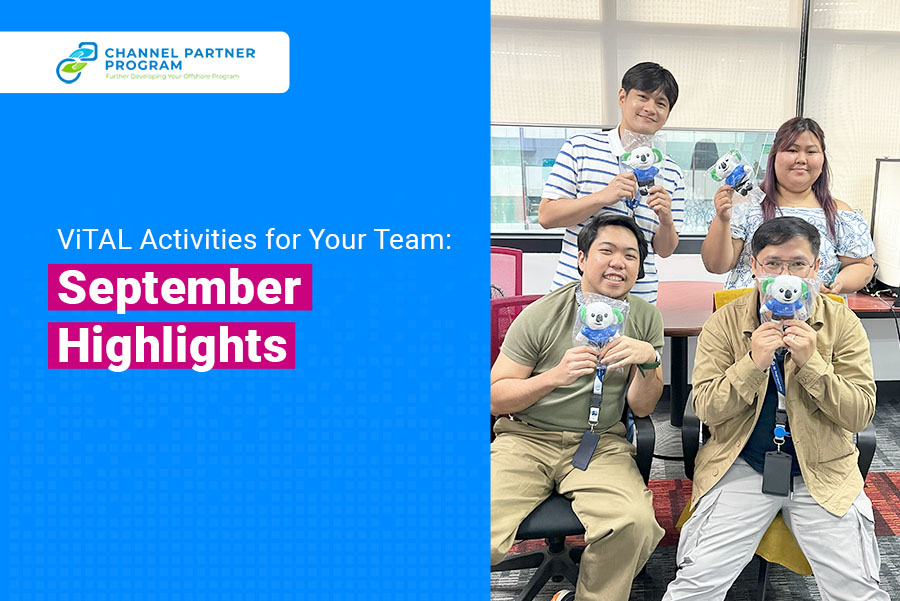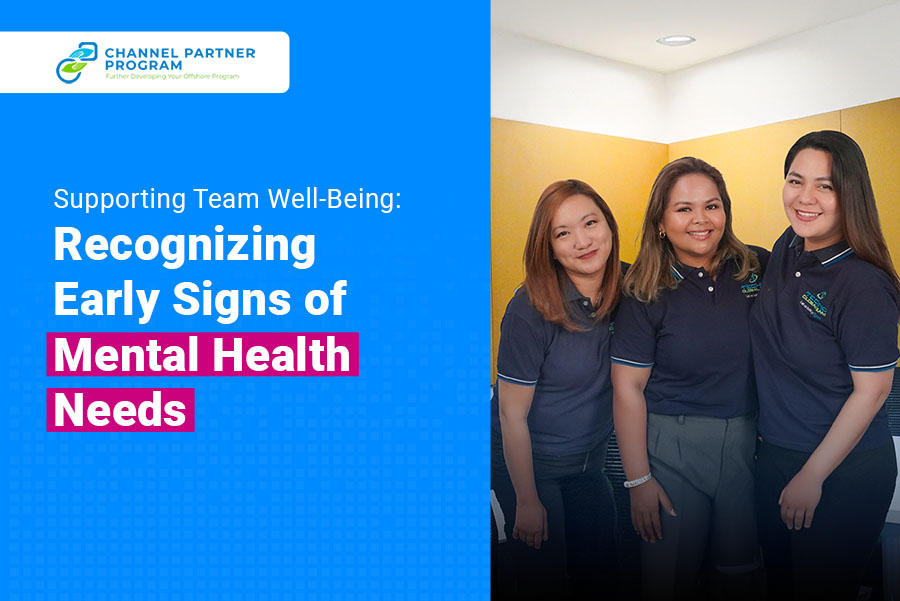When working with an offshore team, one of the most common fears is cultural clash. Will different communication styles cause friction? Will hierarchy expectations slow decisions? Will feedback get lost in translation?
The truth is, cultural differences don’t have to be roadblocks – they can be strengths. When understood and embraced, they enrich collaboration, spark new ideas, and foster deeper loyalty. The key lies in approaching culture with nuance rather than letting it turn into clash.
Why Cultural Understanding Matters
Culture shapes how people show respect, give feedback, manage time, and even interpret silence. For example, in some cultures, hierarchy plays a central role in workplace dynamics, while in others, open dialogue is expected across all levels.
If these nuances aren’t acknowledged, teams risk misalignment, misunderstandings, or even disengagement. On the other hand, when cultural differences are understood and respected, offshore teams feel seen, valued, and empowered – and the result is a stronger, more cohesive organization.
Tactics That Work
- Local Cultural Coaching for Team Leads
Managers who lead offshore teams benefit greatly from cultural coaching. By learning about local customs, communication preferences, and professional norms, they’re better equipped to set expectations, build rapport, and resolve conflicts before they arise. This investment in cultural awareness creates a foundation of trust that ripples throughout the team.
- Encouraging Personal Storytelling in Team Bonding Moments
Stories are universal connectors. Encouraging team members to share personal experiences helps colleagues see each other beyond job titles. These moments of storytelling humanize the workplace, break down barriers, and strengthen relationships across borders.
- “Assume Positive Intent” as a Team Value
One of the simplest yet most effective cultural bridge-builders is adopting the principle of assuming positive intent.
When team members operate from the belief that their colleagues’ words or actions are meant constructively, misunderstandings lose their sting. This mindset shift creates space for curiosity, empathy, and solutions, rather than conflict.
The Result: Loyalty and Productivity
Teams that feel understood on a cultural level aren’t just happier – they’re more productive and loyal. When employees know their perspectives and values are respected, they bring their full selves to work, contributing ideas with confidence and collaborating with purpose. For businesses, this translates to reduced turnover, stronger engagement, and ultimately, better results.
Turning Insight Into Action
When cultural differences are understood rather than overlooked, offshore teams thrive. Productivity rises, trust deepens, and loyalty grows – not because challenges disappear, but because teams learn how to navigate them with respect and empathy.
At TGT, we help our partners build this foundation. Beyond operational support, we hold cultural sessions for both partners and staff, ensuring both sides feel equipped to bridge differences and thrive together. Combined with the other programs we run to guide our partners, these initiatives transform cultural nuance into a true competitive strength.





